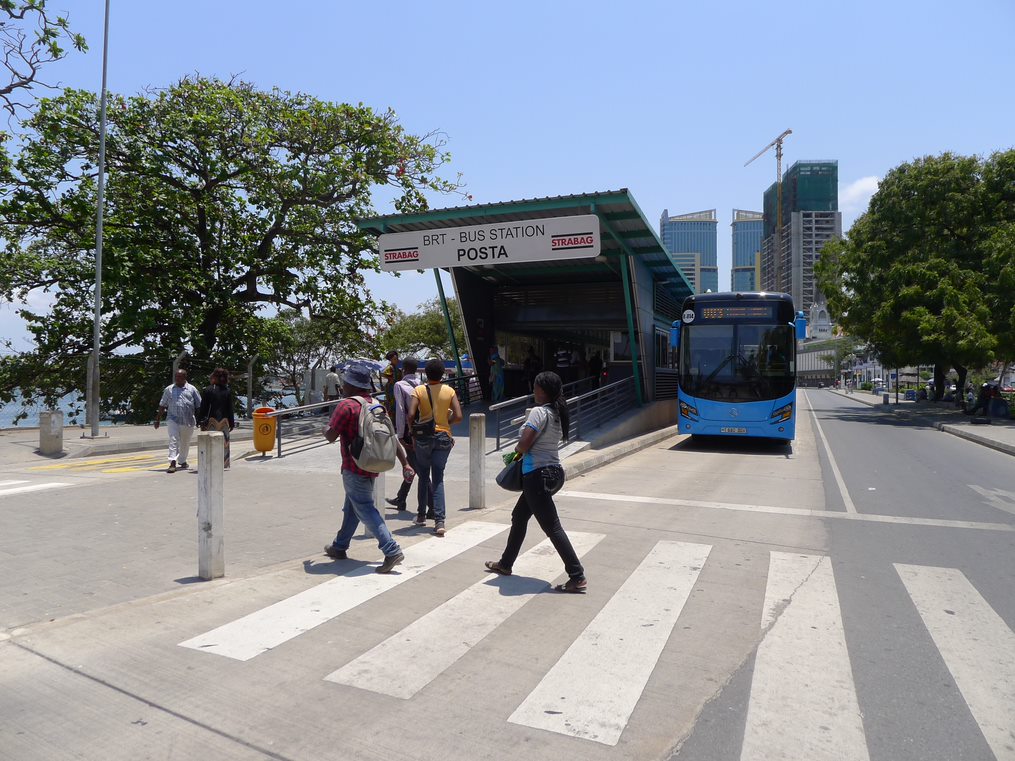
Sustainable transport in African cities: Challenges and opportunities through the 15-minute city planning approach
Achieving a safe, efficient, low carbon, and affordable mobility and transport system can be enabled through more efficient planning concepts that prioritise proximity and land-use planning guidance. An example of such a concept is the 15-minute city.
by Nikola Medimorec with inputs by Bianca Ryseck, Cabrel Tokam, Fatoumata Diallo, Richard Unuigboje and Robert Ambunda

The NDCs Hall of Fame by SLOCAT concludes with awards to the best NDCs in terms of transport ambition and action.

Equitable Transport | Public transport for all: Towards an inclusive and low carbon transition
The French Development Agency undertook to make its activity be 100% consistent with the Paris Agreement, which involves financing projects promoting a long-term low-carbon transition – and excluding projects that support fossil energy production or use.
by Suzanne Spooner, Project Manager and Knowledge Manager, AFD
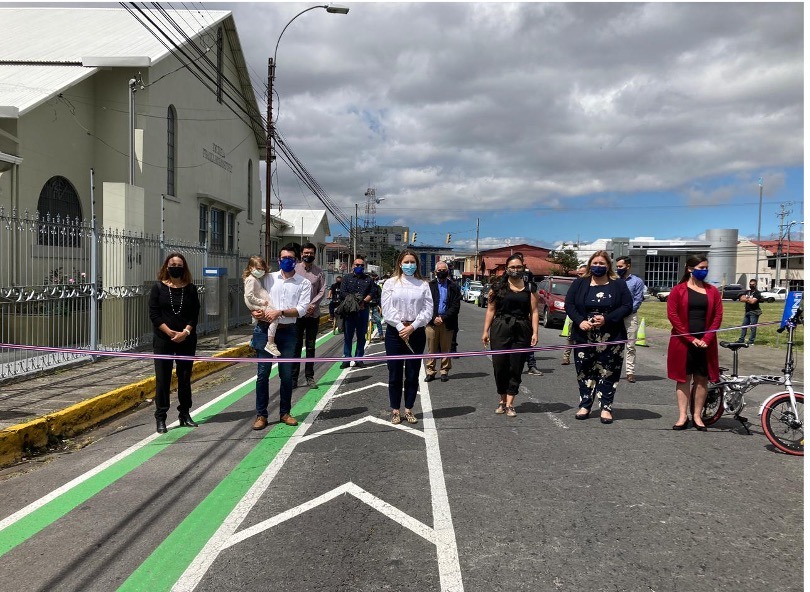
Green Transport I Costa Rican Municipalities cycling towards a green mobility transformation – The Case of Montes de Oca and Curridabat
In recent decades, the use of private vehicles has grown dramatically in the Greater Metropolitan Area of Costa Rica (GAM). Currently, more than a third of daily trips are made by car or motorcycle, and this is projected to expand, as Costa Rica’s motorisation rate is growing at an average of 5% per year.
by Laura Lopez, intern, EUROCLIMA+
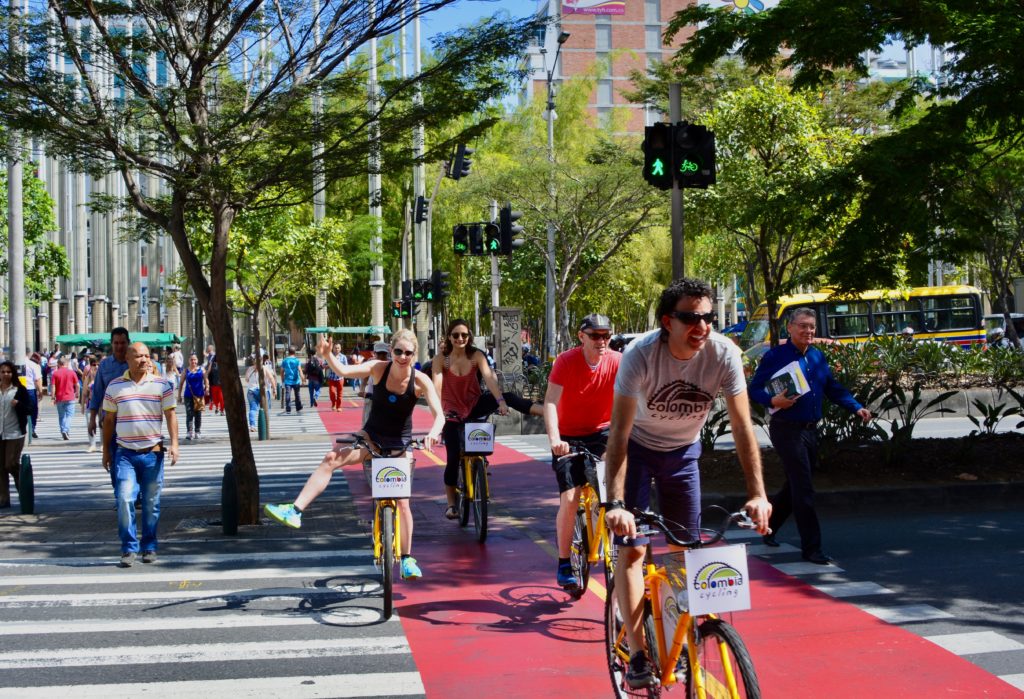
Building transport systems that protect health and climate
The World Health Organisation (WHO) convenes health ministries from around the world at the 75th annual World Health Assembly (WHA) in Geneva this week. Three-quarters of a century on, it’s worth reflecting on why the WHA matters for sustainable transport – specifically, why should health ministers be concerned with what happens in their countries’ transport sectors?
by Alison Doig (Director, Health and Climate Network) and Karl Peet (Senior Adviser, SLOCAT Partnership)
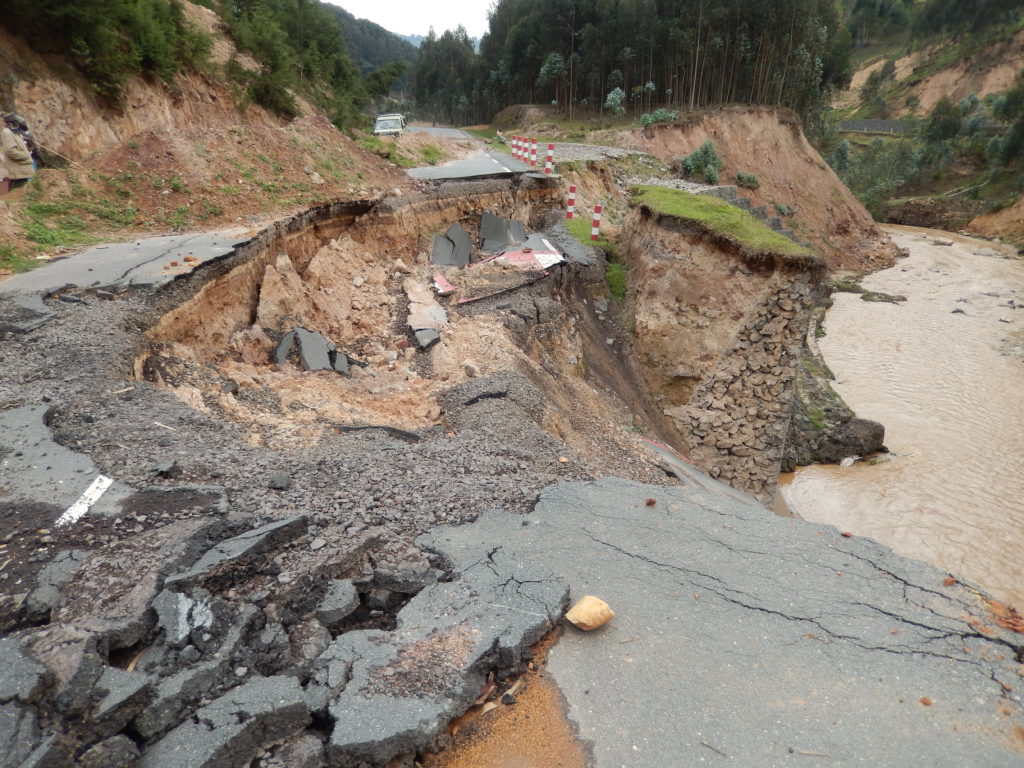
Resilient Transport I Managing climate risks in the road sector
Roads are a key asset for Africa. They connect villages to economic centres, people to hospitals, children to schools and goods to markets facilitating trade. A changing climate has many implications for Africa’s road connectivity. Climate change leads to an increase in frequency and intensity of fluvial and surface water flooding of roads; higher temperatures causing heat-induced damage to road surfaces; increased storm surge flooding of the road network causing damages to roads, bridges and culverts.
by Aage Jorgensen, Program Manager, Nordic Development Fund

An Urgent Call for Radical Transport Climate Action to Accelerate Implementation of Sustainable Development Goal 13
The transport sector has an immense impact on our planet’s climate, and as the fastest-growing source of global emissions, the decisions that we make today about how we move people and goods (and when it is not necessary to move them at all!), are critical to the implementation of the 2030 Agenda and the achievement of the goals of the Paris Agreement.
by Emily Hosek and Alice Yiu, SLOCAT Partnership
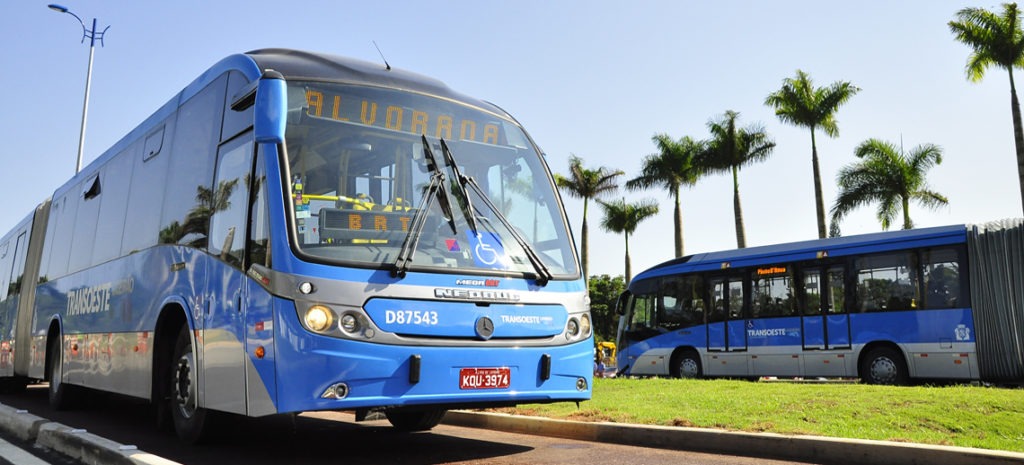
Stuck in the wrong direction
Brazilian cities have been avoiding an urgent debate: charging car users the cost of public infrastructure and allocating these resources for public transportation.
by Sergio Avelleda, Director of Urban Mobility, WRI Ross Center for Sustainable Cities Manager, Nordic Development Fund

The next generation of urban transportation champions need to put transport into context
We know pretty well what needs to be done, right? Reduce private car driving, promote and improve public transport, infrastructure for walking and cycling, more environment-friendly deliveries, safer and more accessible streets, and so on. We have beautiful design ideas and technologies just waiting to be implemented across the world. But do we really know how to make that happen? Do we really understand why urban transport systems are shaped the way they are, and how to navigate and facilitate the transition?
by Henrik Nolmark, Director, Volvo Research and Educational Foundations (VREF)
